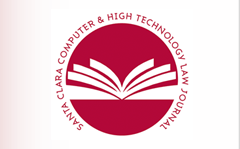Abstract
Artificial intelligence (AI) enables the creation of inventions that no natural person conceived, at least as conception is traditionally understood in patent law. These can be termed “AI inventions,” i.e., inventions for which an AI system has contributed to the conception in a manner that, if the AI system were a person, would lead to that person being named as an inventor. Deeming such inventions unpatentable would undermine the incentives at the core of the patent system, denying society access to the full benefits of the extraordinary potential of AI systems with respect to innovation. But naming AI systems as inventors and allowing patentability on that basis is also problematic, as it involves granting property rights to computer programs. This Article proposes a different approach: AI inventions should be patentable, with inventorship attributed to the natural persons behind the AI under a broadened view of conception. More specifically, conception should encompass ideas formed through collaboration between a person and tools that act as extensions of their mind. The “formation” of those ideas should be attributed to the person, including when the ideas underlying the invention were first expressed by a tool used to enhance their creative capacity and subsequently conveyed to them.
Recommended Citation
Villasenor, John,
RECONCEPTUALIZING CONCEPTION: MAKING ROOM FOR ARTIFICIAL INTELLIGENCE INVENTIONS,
39 Santa Clara High Tech. L.J. 197
(2023).
Available at: https://digitalcommons.law.scu.edu/chtlj/vol39/iss2/2
